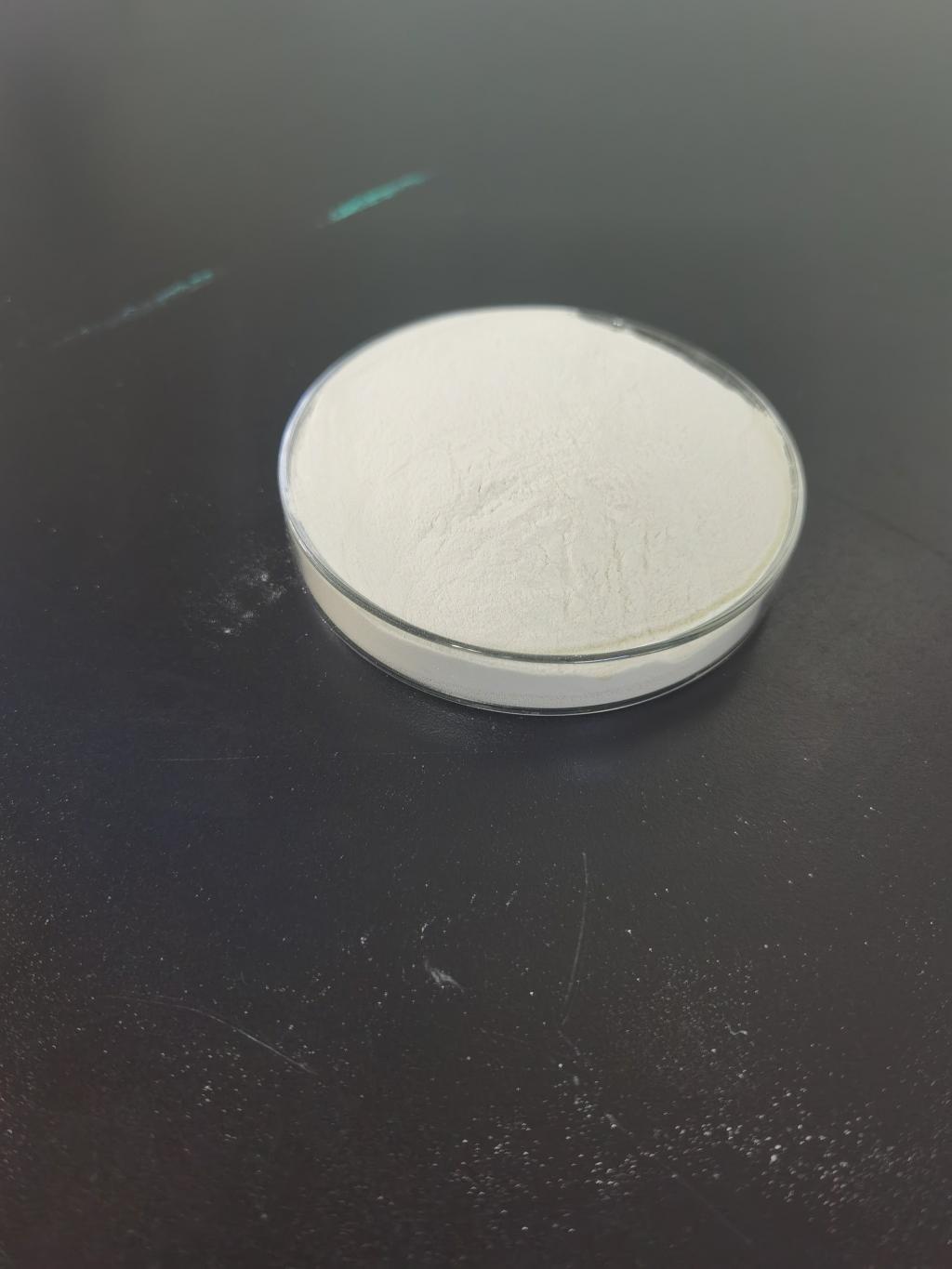Tel:+8618231198596

News
 CONTACT
CONTACT
 CONTACT
CONTACT
- Linkman:Linda Yao
- Tel: +8618231198596
- Email:linda.yao@dcpharma.cn
- Linkman:CHARLES.WANG
- Department:Overseas
- Tel: 0086 0311-85537378 0086 0311-85539701
News
The development of nisin-enhanced food products for reducing waste.
TIME:2024-09-27
Understanding Nisin and Its Benefits:
Nisin, a naturally occurring antimicrobial peptide, has been used for decades as a preservative in various food applications. It is produced by certain strains of Lactococcus lactis and is effective against a broad spectrum of Gram-positive bacteria, including pathogens and spoilage organisms. Nisin's natural origin, coupled with its Generally Recognized As Safe (GRAS) status, makes it an attractive option for enhancing the longevity of perishable food items.
The Role of Nisin in Reducing Food Waste:
Extended Shelf-Life:
By inhibiting the growth of spoilage microorganisms, nisin can significantly extend the shelf-life of fresh and processed foods. This extended period allows for more flexibility in distribution and retail, reducing the likelihood of food becoming unsellable due to expiration.
For example, dairy products, baked goods, and ready-to-eat meals can benefit from nisin’s protective properties, leading to less frequent stock rotation and reduced wastage at the store level.
Enhanced Safety:
Nisin's ability to control pathogenic bacteria such as Listeria monocytogenes, Staphylococcus aureus, and Clostridium botulinum is crucial for maintaining food safety. By preventing the growth of these harmful microorganisms, nisin reduces the risk of foodborne illnesses, thus minimizing the potential for recalls and associated waste.
Improved food safety also builds consumer confidence, potentially increasing sales and reducing the number of returns or discards due to perceived or actual contamination.
Quality Preservation:
Nisin helps maintain the sensory qualities of food, such as flavor, texture, and color, without the need for high levels of chemical preservatives that might alter the product's characteristics. This preservation of quality ensures that the food remains appealing to consumers, further reducing the chances of rejection and waste.
In high-sugar and high-fat foods, where traditional preservatives may not be as effective, nisin can provide a viable solution to extend shelf-life while preserving the desired organoleptic properties.
Integration into the Supply Chain:
Formulation and Processing:
Incorporating nisin into food products requires careful consideration of the concentration needed for effective preservation without affecting the product's taste or appearance. Research and development efforts are focused on optimizing nisin usage in different food matrices.
Advanced processing techniques, such as encapsulation, can be employed to protect nisin from degradation and ensure its sustained release over time, thereby enhancing its effectiveness.
Packaging Innovations:
Combining nisin with innovative packaging technologies, such as active and intelligent packaging, can further enhance the preservative effects. Active packaging can include nisin-impregnated films or sachets, which release the antimicrobial agent gradually, providing continuous protection.
Intelligent packaging, equipped with indicators that monitor freshness, can work in tandem with nisin to provide real-time information about the product's condition, helping to prevent premature disposal.
Consumer Education and Acceptance:
Educating consumers about the benefits of nisin and its role in reducing food waste is essential. Clear labeling and marketing strategies that highlight the natural and safe nature of nisin can help build trust and acceptance among consumers.
Consumer awareness campaigns can also emphasize the environmental and economic benefits of choosing nisin-enhanced products, encouraging a shift towards more sustainable purchasing habits.
Conclusion:
The development of nisin-enhanced food products represents a forward-thinking approach to addressing the critical issue of food waste within the supply chain. By extending shelf-life, enhancing safety, and preserving quality, nisin offers a natural and effective solution that aligns with both industry and consumer goals. As research continues to advance, the integration of nisin into a broader range of food products will likely play a pivotal role in creating a more sustainable and efficient food system, ultimately contributing to a reduction in global food waste.
- Tel:+8618231198596
- Whatsapp:18231198596
- Chat With Skype







